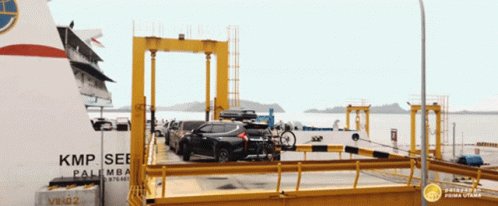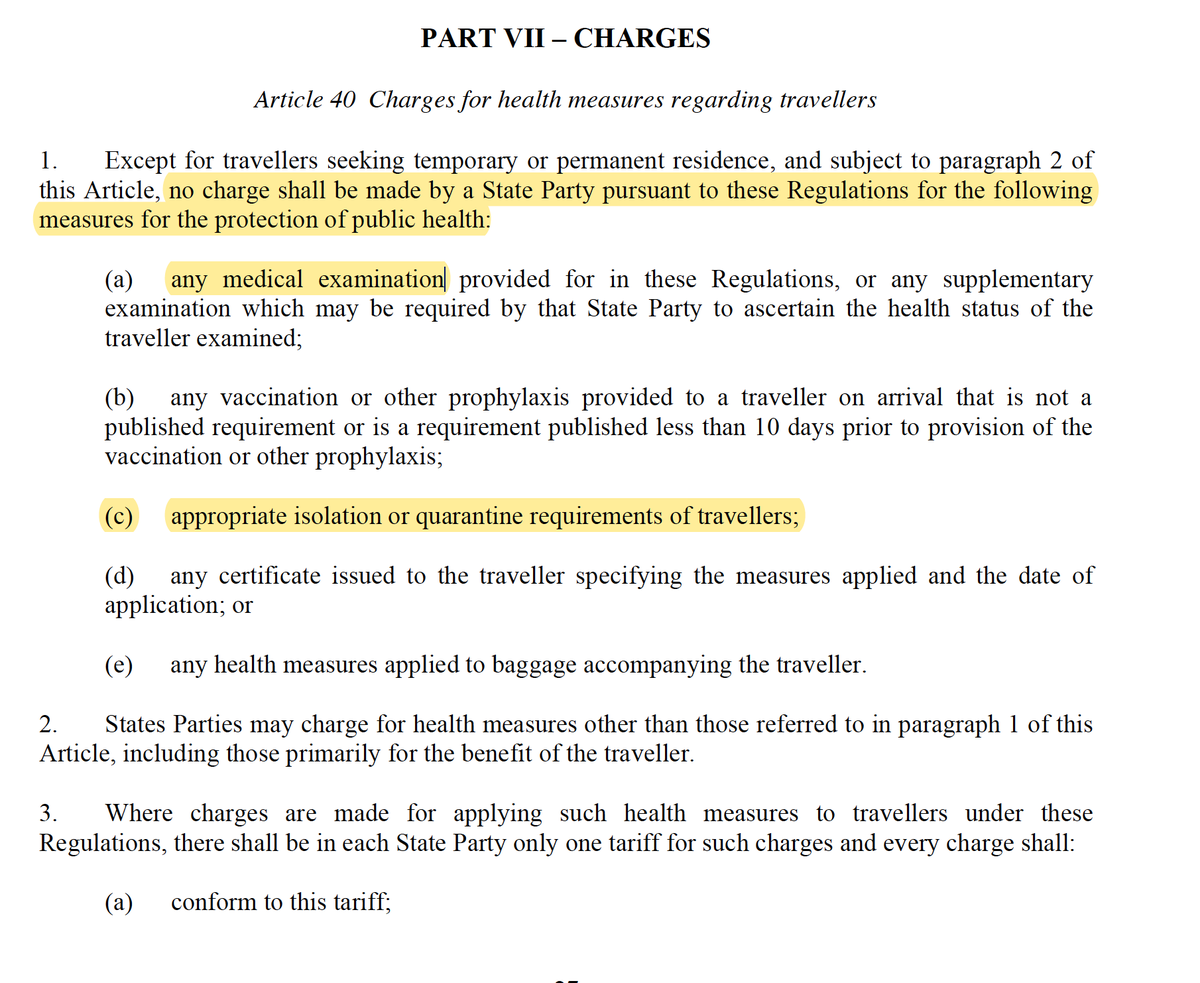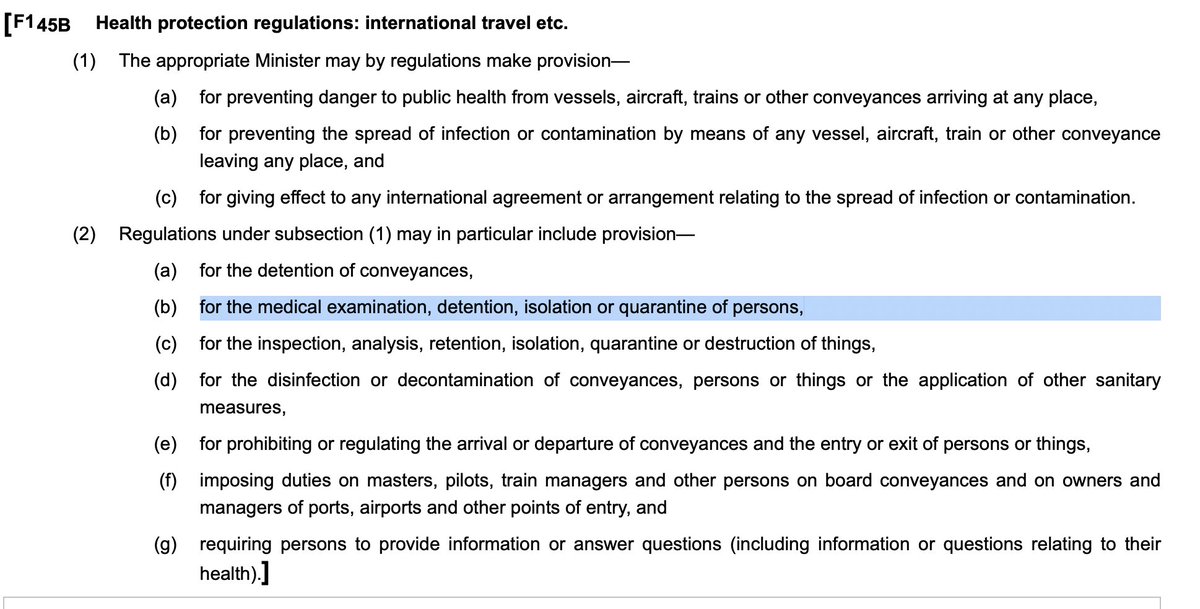When compared to no deal the deal changes very little in terms of border procedures. All formalities and checks will still be required.
Reminder - we're not starting from 0 here – both our container ports and our ro-ro ports are already congested
/2
Lots of stuff on technical barriers and customs cooperation. See @AnnaJerzewska for more on the latter. pic.twitter.com/3sC5xHD3Z8
— Steve Peers (@StevePeers) December 26, 2020


This is a Customs Mutual Assistance Agreement, nothing to do with a tread deal. The EU and other countries have these agreements with many partners whether or not there is an FTA (trade deal) in place.
— Dr Anna Jerzewska (@AnnaJerzewska) December 16, 2020
This doesn't make the UK-US deal any more or less likely
/1 https://t.co/555Ku48r5d



So on origin, it\u2019s getting a bit hard to keep up with all the rumours so here is where I think we are with this (correct me if I missed something)
— Dr Anna Jerzewska (@AnnaJerzewska) December 28, 2020
/1 https://t.co/N5dDcbH7u7 pic.twitter.com/ff77fdV1Mx



Some thoughts on the skinny Sanitary & Phytosanitary terms of the \U0001f1ea\U0001f1fa\U0001f1ec\U0001f1e7TCA Agreement that will result in significant barriers to trade.
— Emily Rees (@emilyrees_eu) December 27, 2020
While the Chapter introduces world-first language on the \u2018softer\u2019 issues, it goes little beyond the WTO SPS Agreement on the rest \U0001f9f5\U0001f447



One of the oddest features of the Labour tax row is how raising allowances, which the media allowed the LDs to describe as progressive (in spite of evidence to contrary) through the coalition years, is now seen by everyone as very right wing
— Tom Clark (@prospect_clark) November 2, 2018